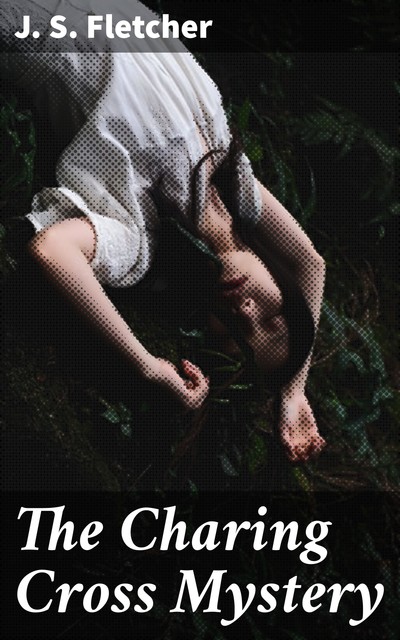In J. S. Fletcher's gripping novel, “The Charing Cross Mystery,” the narrative unfolds within the atmospheric backdrop of early 20th-century London, expertly blending elements of detective fiction and social commentary. Fletcher employs vivid, descriptive prose and a compelling plot structure, inviting readers into a labyrinth of intrigue as amateur sleuthing intermingles with themes of identity and morality. The intricacies of the investigation reveal not only the characters'Äô depths but also the societal mores of the time, making this a nuanced reflection of its literary context. Fletcher, a prolific author and journalist, carved his niche in the mystery genre with a distinctive voice that reflects both personal and societal observations. His background in journalism likely informed his meticulous attention to detail and his understanding of human psychology, making his characters unusually compelling. Living in a time when the mystery genre was burgeoning, Fletcher contributed significantly to its development, earning a reputation for plotting and characterization that resonates with the readers even today. For readers seeking an enthralling and thoughtful exploration of mystery, Fletcher's “The Charing Cross Mystery” is a quintessential choice. Its rich narrative and insightful commentary offer not just a page-turning experience, but also an opportunity to reflect on the human condition within a historical framework, making it a remarkable addition to any literary collection.

